Access to clean water is a luxury hundreds of millions of people worldwide do not have.
Today, 844 million people worldwide lack a basic drinking water service (WHO | Drinking Water), and 1.8 billion people use a contaminated water service (WHO/UNICEF Progress Report 2017). Every single day, over 800 children die from preventable diseases - diseases caused by poor water quality. Food production, gender equality, education, health - these are all areas seriously affected from inability to access clean water.
Clean water means better gender equality
Having little access to clean water uniquely affects women and girls. Across low-income countries, the unpaid work of managing the household's water supply falls primarily to females (UN-Water). This means there is less time available for employment, education, and leisure activities. A study in Tanzania noted a 12% increased attendance rate among schoolgirls due to reduced water collection times. Enabling easy access to clean water also reduces risk of harassment or gender-based violence during the long walk to collect water. Clean water also means better bathroom hygiene - particularly important for menstruating women.
Clean water means better education
It is estimated that due to preventable water-related diseases, children miss over 443 million school days every single year (UNDP). Globally, around a third of schools have no safe water supply or adequate sanitation, leaving children dehydrated and less able to concentrate (UN-Water). Additionally, when puberty arrives, many adolescent girls do not attend schools with poor water sanitation facilities, or often decide to drop out of school. There is a clear correlation between access to clean water and better educational outcomes.
WAR KILLS LESS PEOPLE THAN WATER-BORNE DISEASes
Poor quality water is linked to transmission of diseases such as cholera, diarrhoea, dysentery, hepatitis A, typhoid, and polio. The World Health Organisation estimates that access to safe water around the world could prevent over 800,000 deaths from diarrhoea (of which over 300,000 are children aged under 5) and over half a million deaths from malaria - every year.
Clean water means excellent returns on investment
For every $1 spent on enabling access to clean water and improved sanitation facilities, a return on investment of $4.3 is seen (UN-Water/WHO). This is taken in the form of reduced health care costs for diseases born from poor water quality, better productivity and participation in the workplace, and opportunities for growth of new industries. Investment in water includes an overall gain of 1.5% of global GDP.
You can make a difference!
The good news is that every single person can make a difference - large or small.
Read more ABOUT THE FIGHT FOR CLEAN WATER






